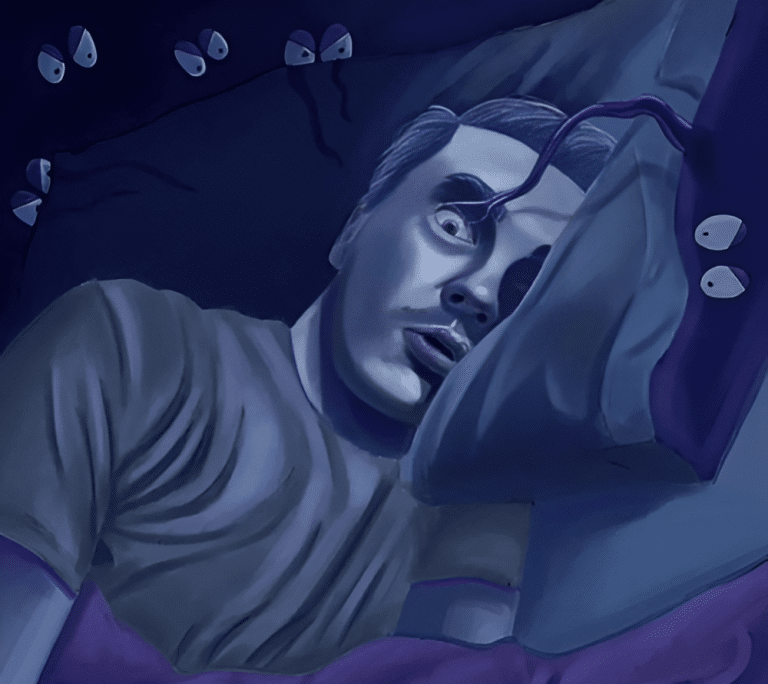Poor sleep doesn’t just leave one weary; it is a potent hidden trigger that can secretly chip away at one’s emotional health and relationships. This article explains how sleepless nights can magnify feelings of jealousy and insecurity, for which the maintenance of a steady cycle of restorative sleep is absolutely essential to your happiness and the health of your relationships on a daily basis.
Poor Sleep Disrupts Emotional Balance
When we haven’t had a sufficient or a good night’s rest, our brain becomes impaired in regulating our emotions. According to the CDC, “Sleep is vital for brain health and emotional well-being. Studies show that sleep deprivation can result in a hyperactive response in the amygdala, the emotional center of the brain, to negative stimuli. This can result in a much greater emotional response to insecurity and jealousy to situations that would normally not trigger a strong reaction. This inability of the brain to “filter” and process emotional information creates a bias.
Insecurity: The Poor Sleep Link
Recent studies have linked poor sleep quality more directly to a cascade of jealous feelings. One study referenced in June 2025 by Mirage News suggested that “insecurity links poor sleep to jealousy,” particularly with individuals having an anxious attachment style. This would indicate that people who are already insecure and have trust issues toward their own partners would be further aggravated by sleeplessness.
This means poor sleep would, in fact, worsen an already existent insecurity, making a person more vulnerable to misunderstanding their partner’s demeanors or feeling threatened by external factors. This leads to the vicious cycle where poor slumber puts fuel to the fire of relationship anxiety, which in turn results in sleepless nights. For a more interesting relationship context, you might want to look at “Neuroticism: Key to Lasting Relationship Success.”
Prioritizing Rest for Happier Bonds
Seeing this link, we realize just how much sleep hygiene is at large. On top of physical well-being, getting good sleep is critical for emotional regulation and the health of relationships. Simple things like having a sleeping schedule, building your calm bedtime routine, and optimizing your sleep environment should create the perfect conditions for good sleep. Fixing up any basis of poor slumber patterns will not only lead to your own well-being but will also assist in building a stronger bond with the persons around you. Anyone in doubt about the nature of issues should learn how to manage problems with love by “Spotting Red Flags: 8 Crucial Relationship Warning Signs.”










